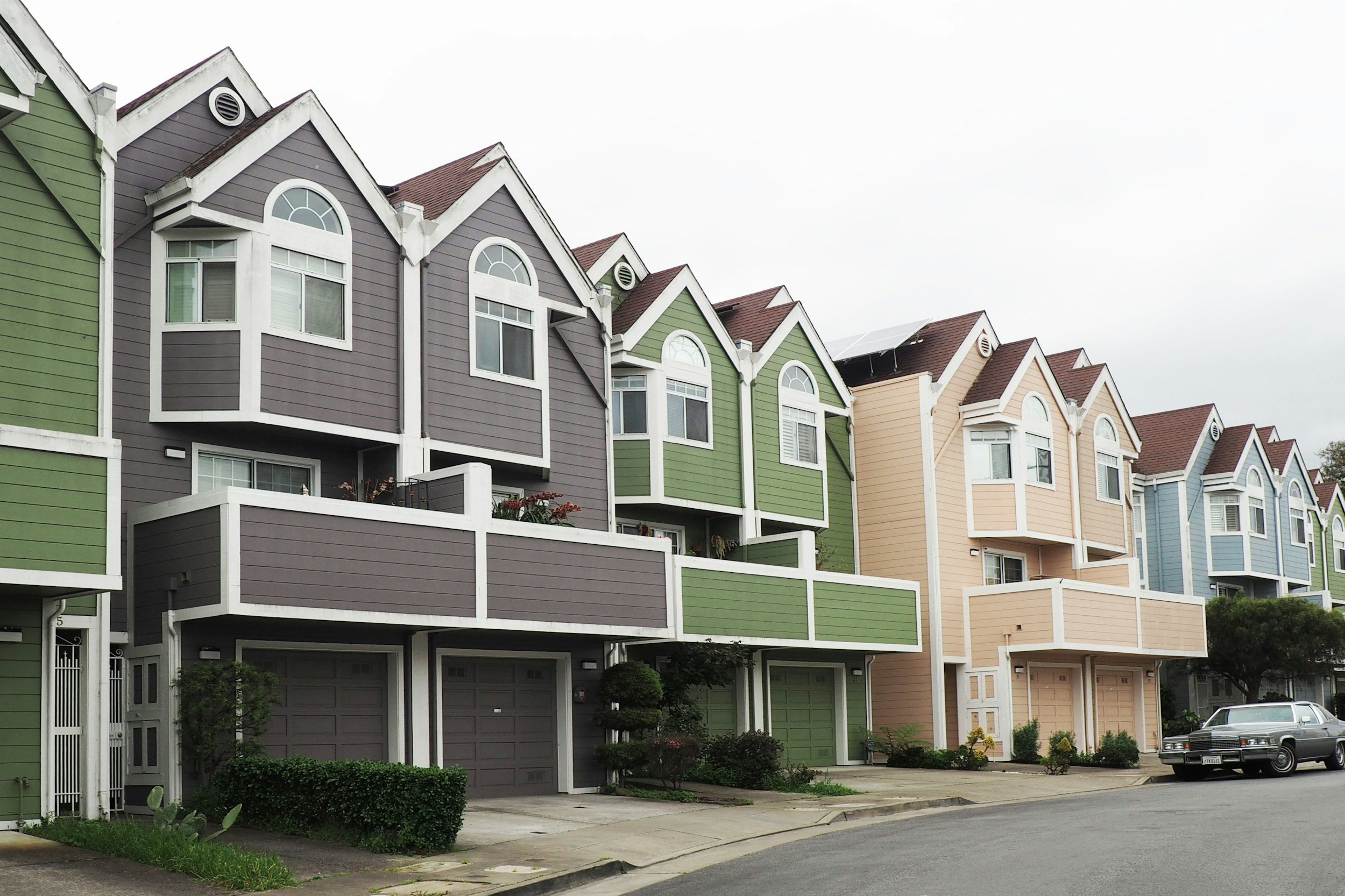Housing Discrimination: What Actions Are Covered?
Federal, state, and municipal laws prohibit housing discrimination. The breadth of fair housing laws is vast, and landlords should educate themselves on which actions may be discriminatory before they get into trouble.
I previously blogged about the various protected classes, but this post focuses on which actions may be considered discriminatory if based solely on a person's membership in a protected class.
The key federal law that defines what actions are discriminatory in housing is the Fair Housing Act, Title VIII of the Civil Rights Act of 1968. Wisconsin, for the most part, has adopted the federal laws related to housing discrimination (and has even added a few additional protected classes) and codified those laws in sec. 106.50(2), Wis. Stats. The city of Milwaukee has its own fair housing laws, which are found in Subchapter 3 of Chapter 109 of the Milwaukee Code of Ordinances.
Essentially, if an individual engages in one of the following actions and does so solely based on an individual’s membership in a protected class, it may constitute housing discrimination:
1. Refuse to rent
2. Refuse to discuss the terms of a rental
3. Refuse to allow the inspection of rental housing
4. Refuse to renew a lease or cause the eviction of a tenant
5. Misrepresent the availability of housing for rent or inspection
6. Apply different terms or conditions for the rental of housing
7. Refuse to allow reasonable accommodations or reasonable modifications for persons with disabilities
8. Printing, publishing, or displaying advertising or notices that state or indicate a preference based on a protected class
9. Engage in harassment, coercion, or intimidation
10. Engage in blockbusting - which consists of efforts to induce or attempt to induce a person to rent housing by representation regarding the presence or entry of a person/s of a protected class or economic status
11. Steering - which includes restricting or attempting to restrict, by word or action, an individual's housing choices
12. Segregation by floor, building, development, or community, based on membership in a protected class.
There are additional discriminatory actions in the housing context (e.g., the sale of real estate) that are also addressed by the aforementioned laws, but I have limited my discussion to the rental housing context.
I will spend some time in future blogs providing additional explanations for some of the above, especially "reasonable accommodations" and "reasonable modification," which I have been meaning to blog about for several months now.
It is important to remember that a landlord or manager need not intend to discriminate to be found to have engaged in discriminatory behavior. Whether a landlord or manager intended to do so is irrelevant; if the action was discriminatory, it will still constitute a violation of fair housing laws.

